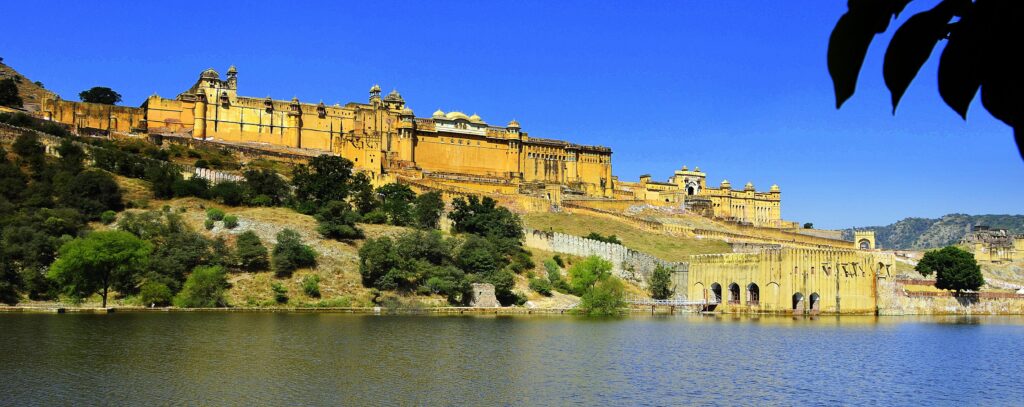Istvan Valyi, a Hungarian aristocrat who studied in the Netherlands and learnt Hindi there, was the first in Western Europe to realise that Roma had Indian roots, as he could understand several of their words. He published this discovery in 1775. After that, the pace of discovery increased:
In 1782, a German, Jakob Rüdiger, showed that the Roma language has Indian roots. One year later, another German, Heinrich Grellman of the University in Göttingen did an extensive study of the Roma language and deduced that the Roma had come from India.
Much later, in 1844, a fundamental work appeared “Die Zigeuner in Europa und Asien”, The Gypsies of Europe and Asia, done by yet another German, August Friedrich Pott. He is the founder of modern “Romanologie” and of Roma linguistics.

The Origins
All researchers now accept that Roma originally came from India. The details of their travels, the reason why they left their homeland, are, however largely unknown and the details of their migrations are subject to hypotheses.
We present one hypotheses which is underpinned by linguistics and connected to historical considerations. We consider it as the most plausible and argued one. Note, however, that other theories about the early Roma history do exist.
To these days, there is a cast in India, named Dom. Their trades, transmitted from father to son, are that of musicians and dancers but also smiths, basket weavers, sieve makers, and even wood workers. The origins of the traditional Roma trades!
They also provide the origins of the Roma’s name: In Asia, they call themselves Dom, in Armenia, Lom and in Europe Rrom, Rom or even Rhom. The Indian retroflexive consonant D evolved over time in a L in Armenia and to Rr, R or Rh in Europe.
For example, the Sanskrit word manda(ka) is pronounced men(d)a in Asia, manlav in Armenia and by European Gypsies as manrro, ma(n)roor manrho (bread in Romanes), clearly showing this evolution of the D into an R.
Some people maintain that the name Rom is derived from Rama, the Indian God, but this is highly unlikely.